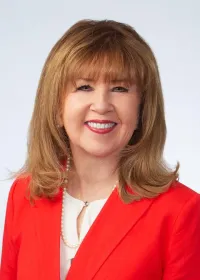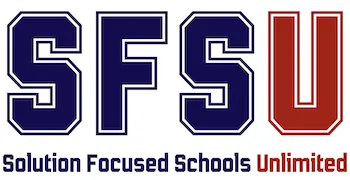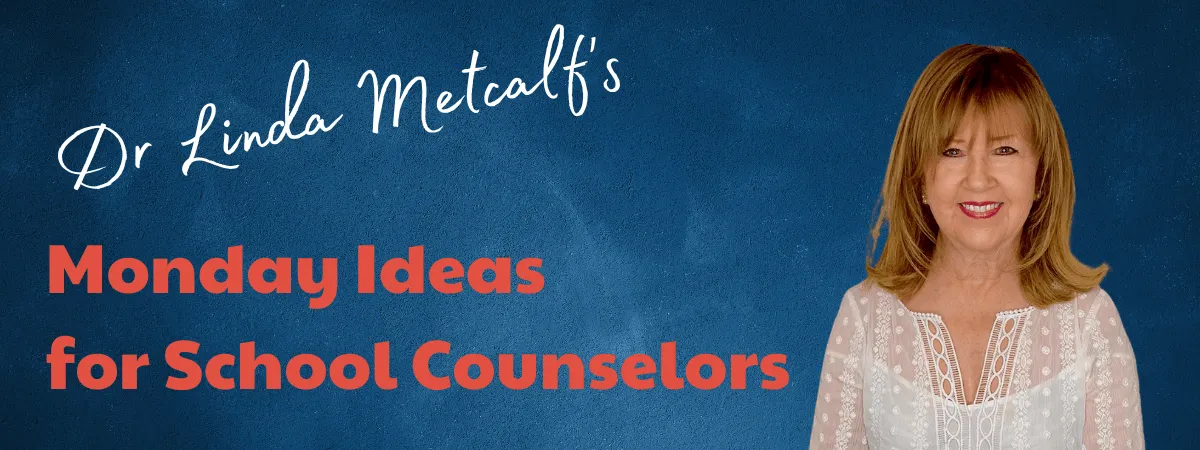
Monday Ideas for School Counselors
Weekly articles for school counselors with ideas on how to resolve typical school situations with students, teachers and parents using the solution focused approach.
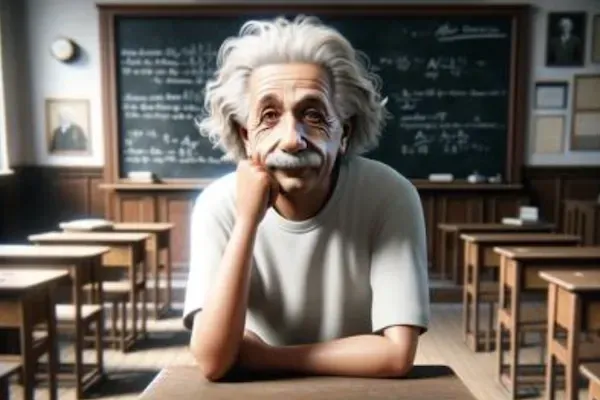
There Really is an Expert Inside Every Student
Did you know that Albert Einstein was so disruptive in school, that his teacher told his mother that “his very presence destroyed the other students’ respect for the teacher.” His school performance was marked as disruptive with very poor grades. He didn’t have a lot of friends and was prone to violent temper outbursts.
Yet, he did okay, right?
Every day there are students who come to school and try to fool us that they aren’t going to be successful. They are fairly good at it too. You know who they are. But what if you learned to look beyond the disruptions, the temper tantrums and poor grades at times and truly sought after the real expert? Do you know who would benefit the most?
Both of you.
In 2024, I am on a mission to show you more new ideas to try out that will not only get you through the next few months until summer, but might also tame some students so that they can recognize their expertise as well.
Here are some key Concepts to consider as you take on this mission with me:
Watch out for the SMALLEST success!
When educators and counselors recognize and validate a student's expertise, it empowers the student. This empowerment fosters a sense of ownership and responsibility.
It's as simple as watching Jeremy do 3-4 problems out of 10 and going:
“Wow…amazing job. How did you get that many done so far?”
Or,
“Hey, Anne, I saw you work in your group today…those girls really think you are their leader…did you know that?”
Watch out for how they learn best- if you can’t figure it out, ask them!
At Garza High School, this is a common strategy when students are not successful. Instead of saying, “well, you have to try harder,” the teachers say, “Well, it looks like I haven’t taught how you learn yet. Tell me what I can do.”
One more thing that they do at Garza is to notice when students DO well and ask the students how the lesson/activity was helpful to them.
Watch out for soaring self-esteem.
Whenever you notice a student who normally does less than the others, do something slightly better, acknowledge what you see and ask them to show you how they did it. Be intrigued, like Columbo…you know, the detective who always questioned what was going on? You probably know how cool it is when somebody raves over all you do. The same applies here.
Watch out for strengths, always:
So, Emily may not always get her work put away on time, or log off when she should, but if you let the class go 1 minute later so she can’t get to the next class, you hear about it. That’s a strength. If she can watch the clock then, ask her how she can be mindful of logging off the computer on time?
Watch how you ask questions and keep trying when students can’t answer.
The role of educators and counselors involves asking questions and listening actively to student answers. If the student does not answer your question, don’t assume they do not care. Ask it again and again. Remember, asking students what they think they should do is NEW to them and they really may not know. They need time to think.
This week, watch students who are sitting in their chairs, running in the hallway, talking too much in class or falling asleep during a test. Instead of assuming that they are, as Einstein’s teacher suggested, not going to succeed, assume that, yes, they can… they are an expert, in hiding!
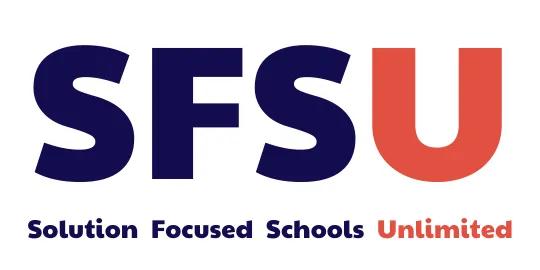
Practical tools and strategies for school counselors to help students achieve their goals
Practical tools and strategies for school counselors to help students achieve their goals
© 2026 Solution Focused Schools Unlimited LLC

